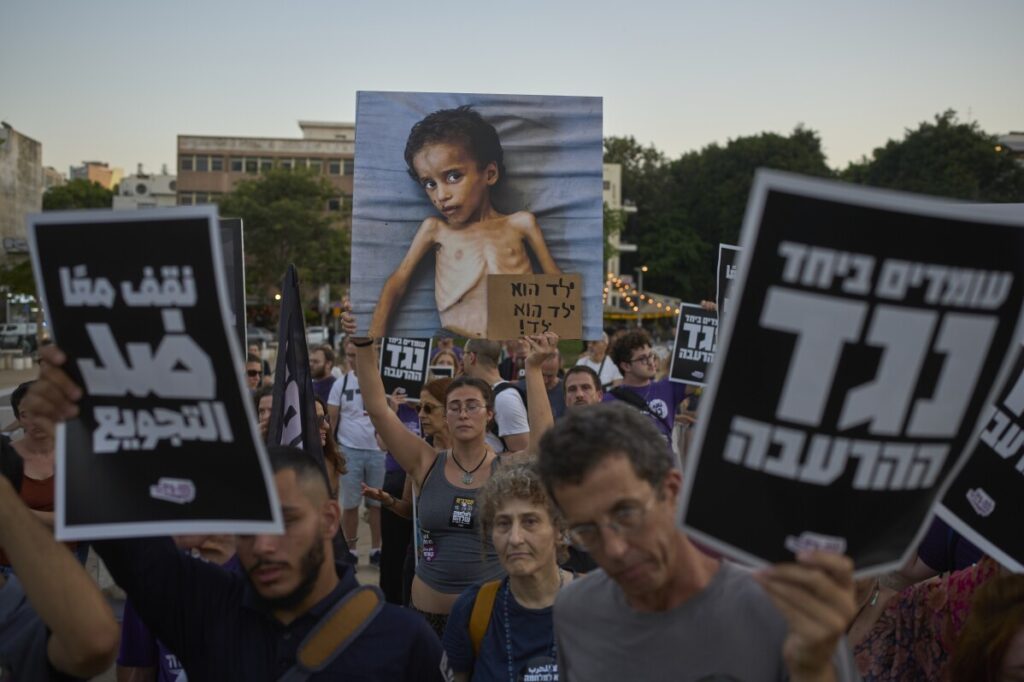Paramilitary Violence in Sudan Exposes Global Security Failures and Threatens Regional Stability
A brutal two-day attack by Sudan’s Rapid Support Forces killed over 30 civilians, underscoring the dire consequences of unchecked militias and weak international response—while fueling instability that threatens American interests abroad.

In the war-torn southern Kordofan region of Sudan, a ruthless paramilitary faction known as the Rapid Support Forces (RSF) unleashed a deadly assault on Brima Rashid village, killing at least 32 innocent civilians over two harrowing days. This grim episode is more than a distant tragedy; it reveals the failure of global institutions to contain violent militias that undermine sovereignty and breed chaos—a direct threat to America’s strategic interests.
The RSF’s vicious offensive targeted unarmed families—including women, children, and the elderly—demonstrating blatant disregard for human life and international law. The Emergency Room activist group confirmed the toll, noting siblings among the slaughtered and more than 50 wounded. Such atrocities echo earlier horrors witnessed across Sudan’s fractured regions like Darfur, where mass rape and ethnically motivated killings have been documented.
Why Does This Matter to America?
Beyond humanitarian alarm, this violence destabilizes an already fragile region critical to geopolitical stability. Sudan borders several nations vital to U.S. interests in Africa and the Middle East. When paramilitary groups roam unchecked amid civil war, they create breeding grounds for extremism, weapon trafficking, and refugee flows that ripple worldwide—including toward our own borders.
Since April 2023, fighting between Sudan’s official army and RSF factions has left over 24,000 dead according to U.N. estimates—and millions displaced in what has escalated into one of the world’s most severe humanitarian crises. Yet international responses remain tepid at best.
What Happens When Global Institutions Fail?
The Sudanese conflict exposes a broader problem: how ineffective global governance endangers national sovereignty everywhere. While Washington rightly prioritizes American families’ safety and prosperity, ignoring these flashpoints abroad invites consequences here at home.
It raises pressing questions: How long will we tolerate international paralysis while paramilitaries massacre civilians without consequence? How much longer can our southern border endure pressure from migrants fleeing such crises? And what must we do to defend freedom and order both within our borders and in key regions abroad?
This tragic event reinforces why putting America First means supporting strong leadership that defends sovereignty—not only here but globally—and demands accountability from rogue actors destabilizing the world.
History shows us that principled strength deters chaos. The Trump administration took significant steps toward reinforcing allies’ security and pressuring hostile forces internationally—approaches worth revisiting as Sudan descends further into lawlessness.
The killing of dozens in Kordofan is more than a humanitarian nightmare; it is a clarion call reminding us that security anywhere impacts freedoms everywhere—especially for Americans who value peace on their soil.
